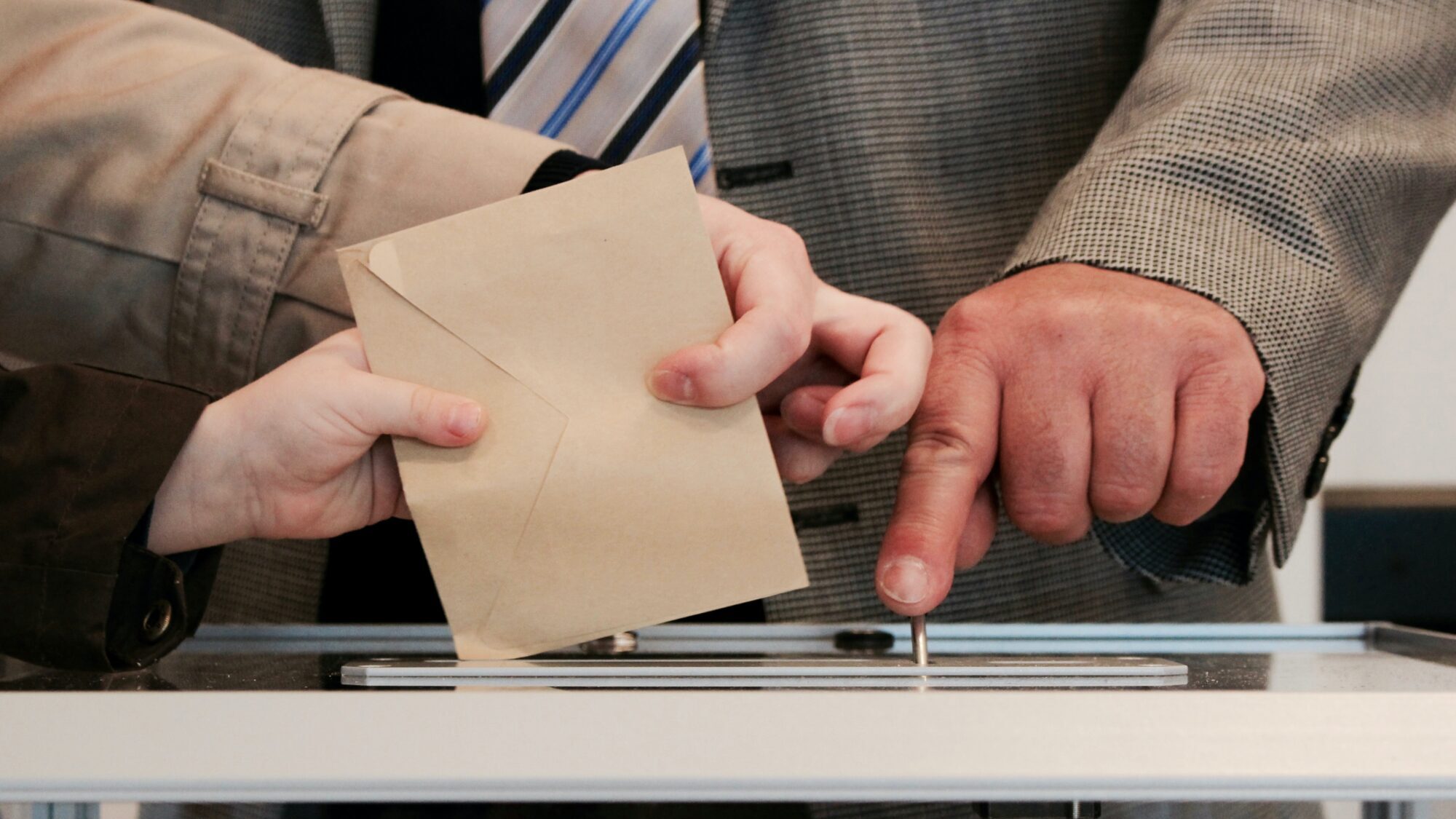
Photo: Arnaud Jaegers
With elections less than two weeks away, voting by mail in Spain is set to hit a historic high, doubling the last largest number of mail votes in 2016.
According to the post office union, the requests for voting by mail in the July 23rd elections already “far exceed” two million.
“The figure for voting by mail will more than double the 984,000 applications submitted in the regional and local elections on May 28,” the union said.
It also anticipates that the figure of 1.4 million applications reached in the 2016 general elections, which was the highest in Spain’s recent democratic history so far, will double.
“Applications for voting by mail exceed all forecasts, and, with eight days still to go before the deadline for requesting voting by mail, it will predictably reach more than 2.5 million requests,” the union added.
Correos, the Spanish postal system, is urging citizens not to wait until the last minute to request their ballots and to deposit them at the post offices. Post office hours have been extended to deal with the large number of requests, which have already reached the total in 2019 with still nearly a week to go for voters to request a mail-in ballot.
Voters in Spain have until July 13th to request a ballot. Once the request is accepted, the voter cannot vote in person. The application can be made in person at a post office or online and requires showing an ID card, an electronic ID card, or a digital certificate for the online application. The ballot is then sent by certified mail to the address provided. The voter has to deliver the ballot in person to the post office and again present his ID card, a change implemented in June by the national election board. An authorised person can deliver the ballot for the voter using a signed authorisation from the voter, and presenting a photocopy of the voter’s identification card, as well as the courier’s own official identity document. Mail-in ballots have to be delivered to a post office by July 20th to be counted.
Elections have been held several times in June, and in 2016 they took place on June 26th, just after schools closed for the summer break. But this is the first time that elections are being held in the middle of the summer vacation season, a time of year when major cities such as Madrid are half-empty as people head to the beach, destinations abroad, or family homes in villages.
The elections were called on May 29th, the day after the ruling socialist party’s resounding loss in municipal and regional elections. The rush of mail-in ballot requests shows a high interest in the elections, but it’s leaving the post office scrambling.
In a statement on July 7th, the Independent Union Central and Civil Servants (CSIF) denounced that even with the electoral campaign underway, “the promised reinforcements” for the post office had not yet arrived while the workload has already considerably increased.
“Correos assured us that it would carry out an ‘unprecedented’ hiring campaign, formalising 12,000 reinforcement contracts throughout Spain, “ the statement said. “However, the offices and work centres are telling us that they have yet to notice the arrival of these reinforcements,” adding that 25% of the workforce is already on vacation while office hours have been extended to accommodate the additional workload related to the elections.
The union recalled that the 2,500 additional employees hired for the municipal and regional elections on May 28 were “totally insufficient.”
It further denounced that the postal service’s staffing levels have been “below the minimum for years,” lacking a full third of needed staffing.
The current workforce amounts to about 46,000 people and in the last two decades, the total staff has been reduced by about 22,000 positions, CSIF said. Post offices are also complaining that they lack basic equipment such as printers and that the temporary staff is not experienced.
“Correos is not prepared for situations like this in which work is going to multiply,” the statement said.
The union is not warning of the possibility of voter fraud but is concerned about the strain of ensuring that legitimate votes are processed in time.
